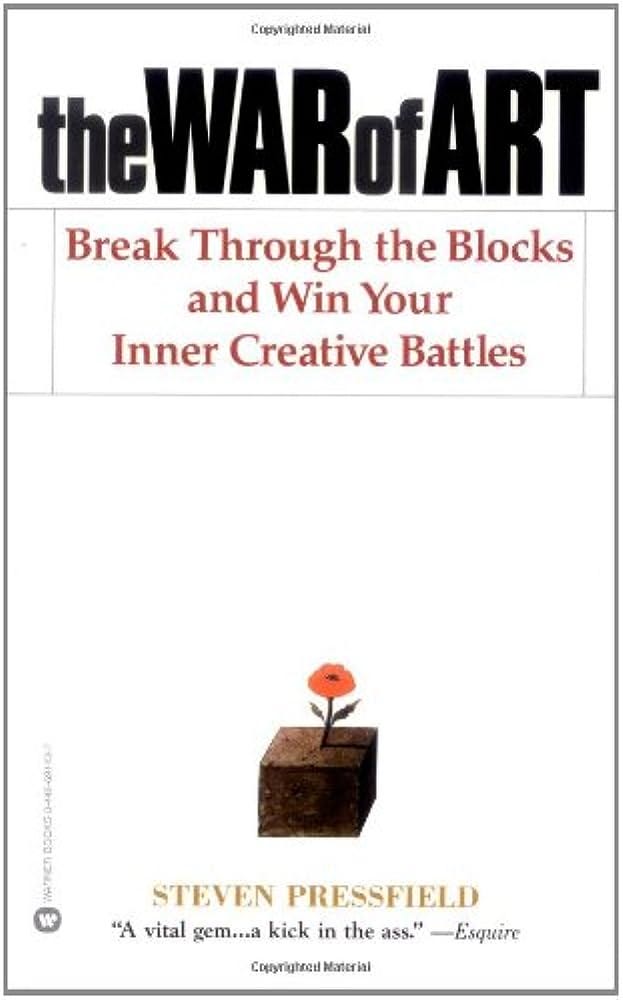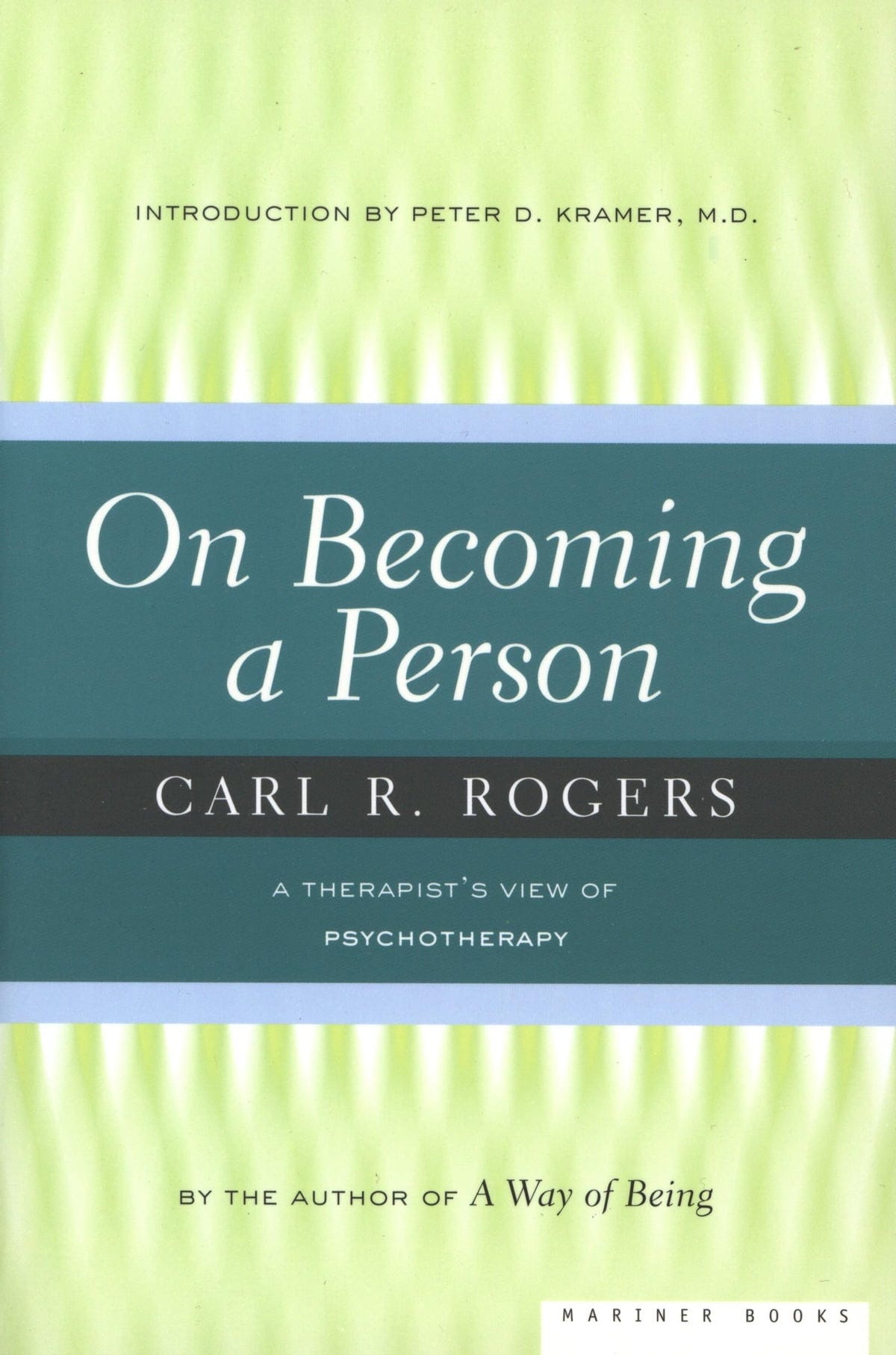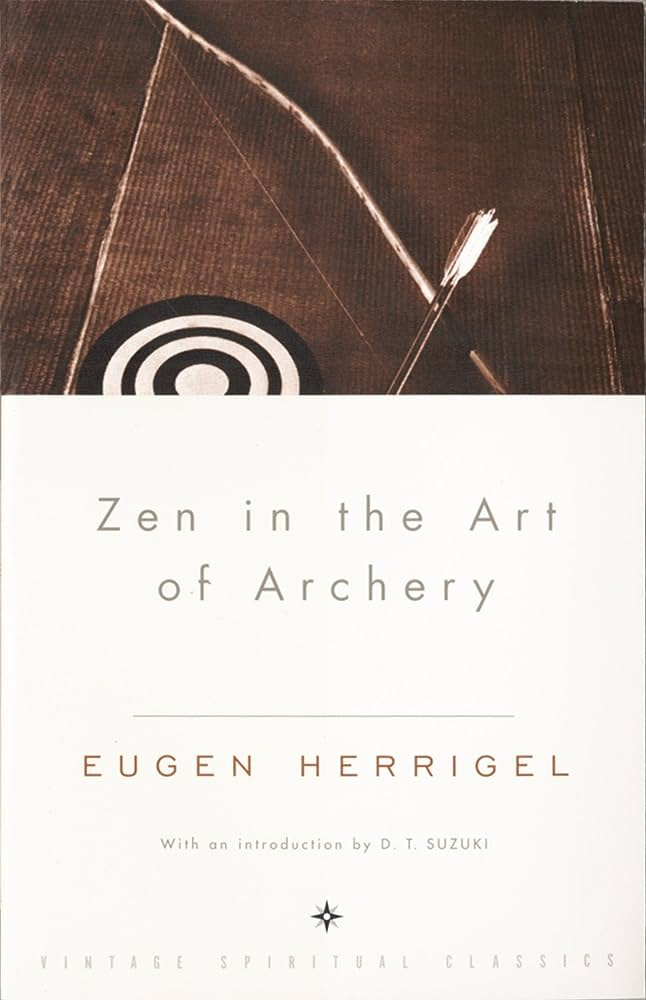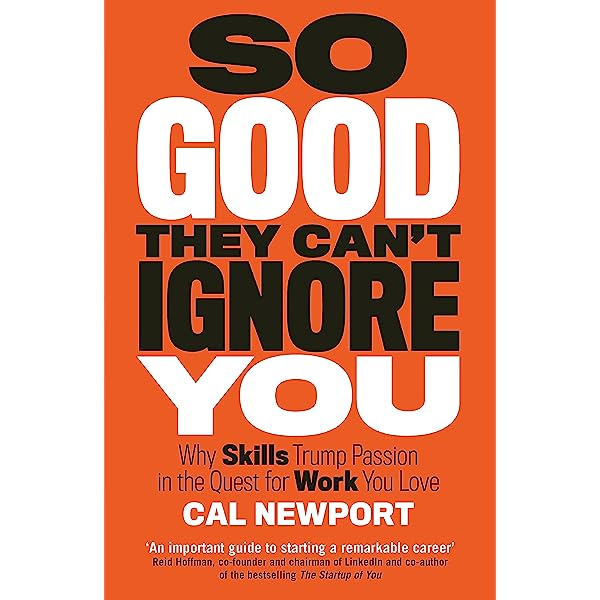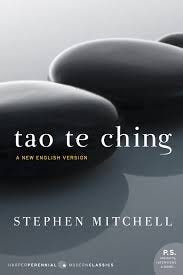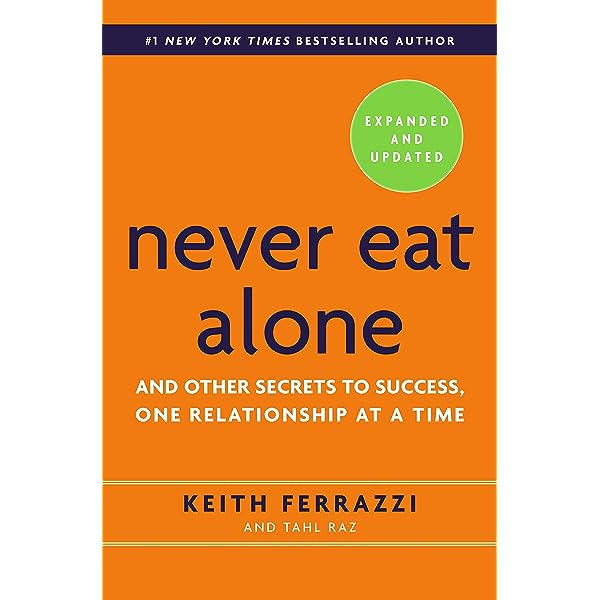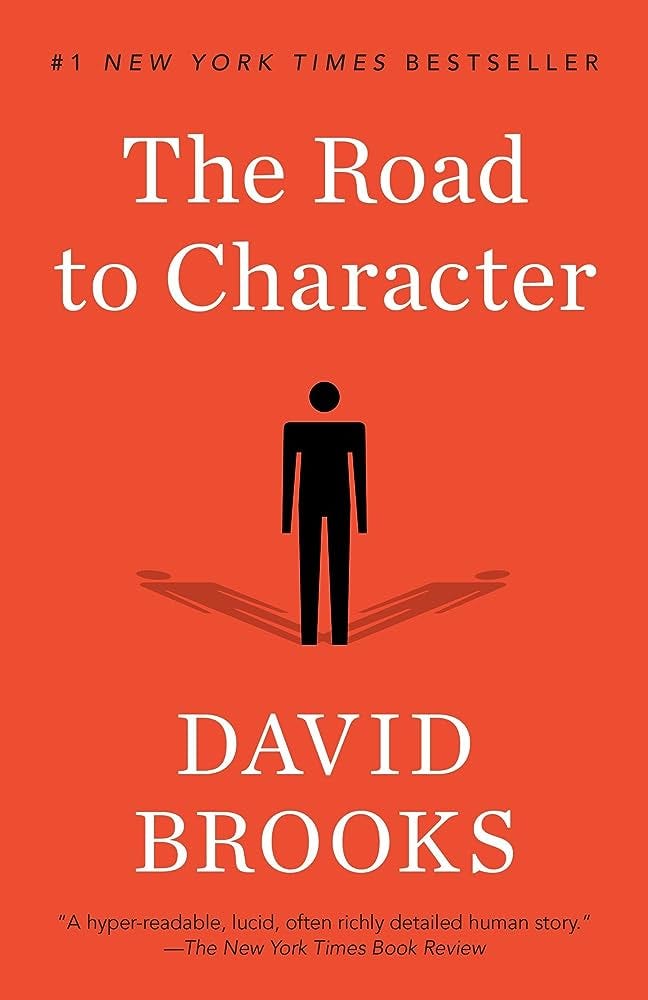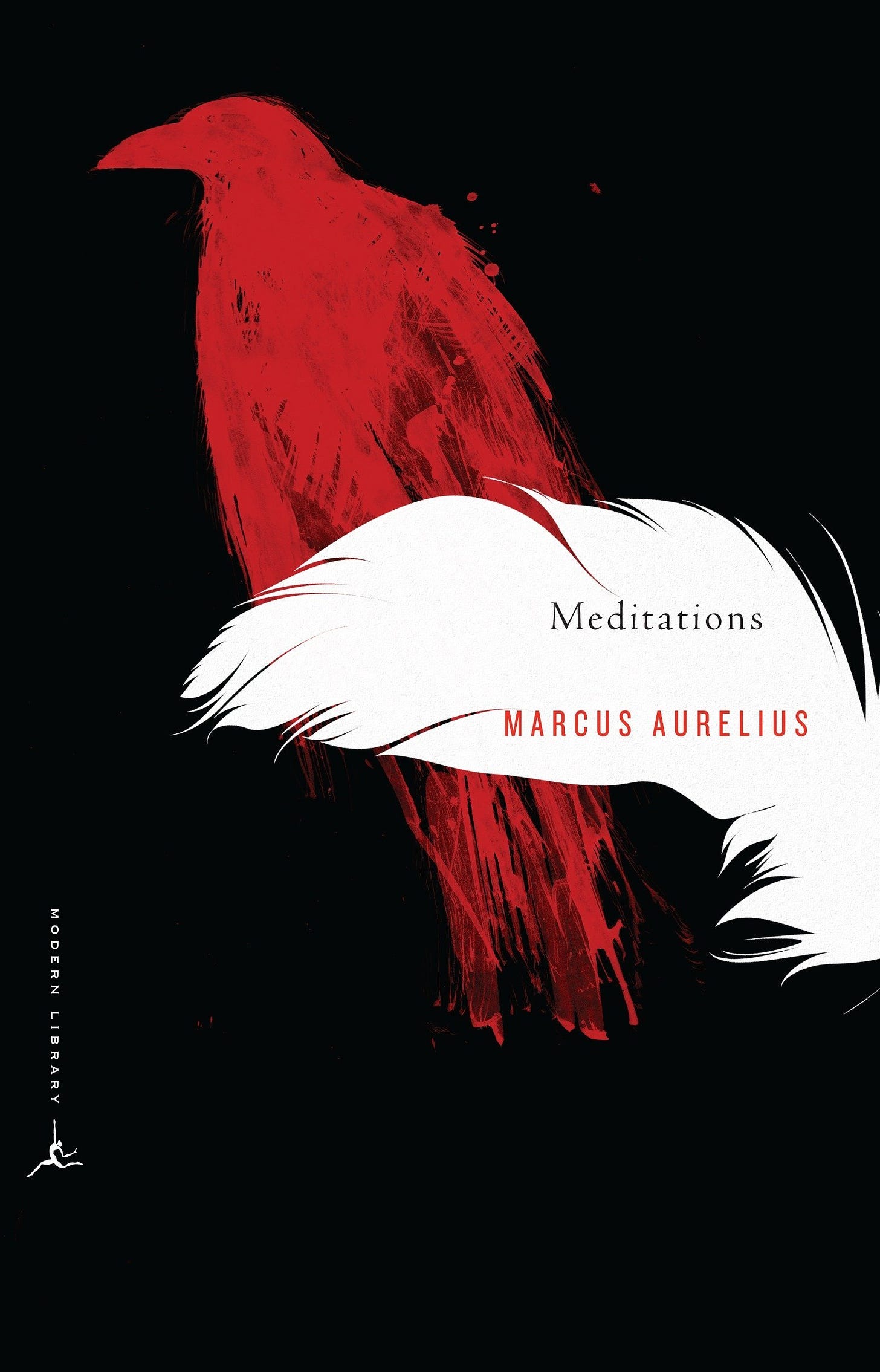10 unconventional books for young sport psychology professionals (from a fellow young professional)
As professionals dedicated to unlocking the full potential of individuals, it is essential to explore unconventional sources of wisdom that challenge conventional thinking and spark innovative approaches.
As Tim Ferriss suggests, to go deep in one field, we must look outside of it.
While formal education provides valuable knowledge, it has its limitations. The books I recommend below aim to fill these gaps, offering insights into mastering networking, counselling, and ancient wisdom. They provide a bit of everything.
While I can't promise these books will make you a better practitioner (although I am almost certain they will), I know that they will make you a better person.
Enjoy.
The War of Art by Stephen Pressfield
For anyone embarking on a creative pursuit, this book is a must-read. It recognizes that, whether we acknowledge it or not, we are all creators in our own right. Pressfield's insights and techniques help us confront the resistance that inevitably arises when we create or share something new. He points out that procrastination often masks this resistance; we convince ourselves that we'll start tomorrow instead of taking action today.
Pressfield also delves into the concept of imposter syndrome, a feeling many of us, including myself, are familiar with. He explains that questioning our abilities—wondering if we're truly writers or artists—is often a sign that we are, in fact, on the right path. He distinguishes between the bravado of the counterfeit innovator and the genuine fear of the true creator, noting that the latter's uncertainty signifies a deep respect and seriousness towards their craft.
Ultimately, Pressfield reminds us that the more daunting a task or calling feels, the more essential it is for us to pursue it.
On Becoming a Person by Carl Rogers
This book stands out as a definitive work in the field of counselling, and I'm hard-pressed to think of a better alternative. Carl Rogers, the pioneer of Person-Centered Therapy, revolutionized our understanding of human growth processes. His insights into the therapeutic relationship remain foundational, and I believe they are equally applicable to the realm of mental performance.
Rogers emphasizes the profound impact of the therapeutic relationship, highlighting its role in fostering personal growth. He believed that by providing a specific type of relationship, individuals could discover their capacity for growth and initiate their own transformative journey.
One of Rogers' key insights was a shift in his approach over the years. Initially focused on treating, curing, or changing individuals, he later realized the importance of providing a relationship that fosters personal growth. This shift underscores the transformative power of the right kind of therapeutic relationship.
Engaging with Rogers' work not only provides a deep understanding of counselling but also equips you with the tools to facilitate growth in others. This book is a roadmap for anyone looking to become a catalyst for personal development and positive change
An Astronaunts Guide to Life on Earth by Chris Hadfield
Did you know that astronauts are deliberately trained on how to use their minds?
Much like the ancient Stoics (more to come), astronauts are trained to look on the dark side and to imagine the worst things that could go wrong. They spend their days simulating situations that may never arise, a practice reminiscent of negative visualization.
Chris Hadfield, a renowned astronaut, explains that fear often stems from uncertainty and a lack of control. However, by preparing for all possible circumstances, astronauts enhance their competence to handle any situation that may arise. This preparation isn't mere rumination; it's a strategy to remain calm and composed even in the face of disaster, a common occurrence in the unforgiving environment of space
Zen in the Art of Archery by Eugen Herrigel
The phrase 'trust the process' is often heard, but its meaning is rarely defined. This book, however, beautifully elucidates this concept. At its core, the idea revolves around performing an action with total absorption in the present moment, without fixating on the end result.
Using the analogy of archery, the book underscores the importance of the archer becoming one with the act of shooting, free from the attachment to hitting the target. It teaches athletes the art of detachment from outcomes, making it a valuable read for anyone looking to enhance their performance mindset
Be So Good They Can’t Ignore You by Cal Newport
This is a great book for young professionals navigating their career paths.
Newport challenges the widely accepted 'Passion Hypothesis,' which suggests that occupational happiness comes from finding a job that aligns with one's passion.
Instead, Newport advocates for becoming a craftsman in your current work, acquiring rare and valuable skills—what he terms 'career capital.' He emphasizes that by adopting a craftsman mindset and prioritizing skill development over passion, individuals can ultimately find work they love.
According to Newport, the key to securing a fulfilling job—one rich in creativity, impact, and control—is to focus on acquiring valuable skills that make you indispensable in your field. By prioritizing skill acquisition and becoming too valuable to ignore, you can select a job that aligns with your interests and offers the fulfilment you seek
Tao Te Ching - Stephen Mitchell Translation
Why would I recommend a 2,000-year-old book on Taoist philosophy? Because Taoism, a cornerstone of Eastern thought, provides timeless wisdom that can profoundly impact personal growth and development.
This book encapsulates three key lessons essential for athletes:
Fully accept whatever the moment brings: Embrace the present moment, whether it brings challenges or successes, as each experience contributes to your growth.
Admit and accept your faults, for they might become your greatest strengths: Acknowledge your weaknesses and imperfections, as they provide opportunities for improvement and growth.
Always compete in the spirit of play and harmony with the Tao: Approach competition with a mindset of joy and harmony, recognizing that true success comes from aligning with the natural flow of things."
These principles can not only enhance athletic performance but also foster a deeper understanding of oneself and one's place in the world
Never Eat Alone by Keith Ferrazzi
At first, the idea of a book on networking might induce a cringe-worthy reaction. However, this book transcends the superficiality often associated with 'networking' by focusing on the art of genuine connection. Ferrazzi emphasizes that true networking is about building relationships based on friendship and shared missions, rather than mere transactions.
I gleaned several valuable insights from this book, including the importance of reciprocity in mentor relationships, where providing value is key. Ferrazzi also offers practical advice on categorizing your network and mastering social gatherings, such as dinner parties. He advocates for authentic communication, suggesting that the best way to make meaningful connections is by being vulnerable and genuine.
In essence, the book teaches that success in networking comes from being genuinely interested in others' success, rather than solely promoting your own. As Dale Carnegie famously said, 'You can become more successful in two months by becoming interested in other people's success than you can in two years trying to get other people interested in your own success.' This book offers a refreshing take on networking, emphasizing the value of authentic connections and mutual support.
The Road to Character by David Brooks
In a society that often defines identity by external achievements rather than inner qualities, this book is more relevant than ever.
Brooks eloquently delves into the essence of character, arguing that it is a foundational element for a fulfilling life. He astutely observes that societal emphasis on fame, wealth, and status often undermines the development of moral virtues and mental resilience.
Brooks emphasizes that character is not something innate; it must be actively cultivated.
Character is built in the course of your inner confrontation. Character is a set of dispositions, desires, and habits that are slowly engraved during the struggle against your own weakness. If you make disciplined, caring choices, you are slowly engraving certain tendencies into your mind. If you behave with habitual self-discipline, you will become constant and dependable.
In essence, Brooks argues that character is destiny—that our character ultimately determines the course of our lives. This book serves as a poignant reminder of the importance of cultivating inner strength and moral virtues in an increasingly external-focused world.
All in all - character is fate.
The Gift of Therapy by Irvin Yalom
The relevance of counselling skills and theories in sport psychology is increasingly evident. Yalom's work offers profound insights into the therapeutic process and emphasizes the importance of not disrupting this delicate process.
One of the challenges in learning counselling or consulting work is the difficulty in gaining practical experience, especially for students who must navigate ethics and confidentiality constraints. Yalom's work provides a valuable starting point for deliberate practice in the absence of direct consultation opportunities.
P.S. This quote left a mark: “Life as a therapist is a life of service in which we daily transcend our personal wishes and turn our gaze toward the needs and growth of the other. We take pleasure not only in the growth of our patient but also in the ripple effect – the salutary influence our patients have upon those whom they touch in life.”
Meditations by Marcus Aurelius
If you've made it this far in the post, congratulations, because I've saved the best book for last. 'Meditations' is not just the best book I've ever read; it's likely the best book I will ever read. I first encountered Aurelius' work when I was 19, and it profoundly changed my life.
Originally intended as a personal journal, 'Meditations' offers the profound insights of a man who was not just an emperor but the most powerful man in the world. Aurelius' writings provide a glimpse into how he managed immense pressures and responsibilities. Stoicism, as reflected in 'Meditations,' offers a mental operating system rich with timeless psychological tools, all aimed at living a virtuous life. What could be more valuable than that?
As I've mentioned throughout this post, gaining practical knowledge in our field can be challenging for students and early professionals. In my experience, few mediums are as effective as books for acquiring this knowledge.
I hope this post has been helpful and has inspired you to consider picking up a book soon. Whether it's one of the books I've recommended or another that piques your interest, the insights and wisdom found in books can be invaluable for personal and professional development.
Kyle Bergh




